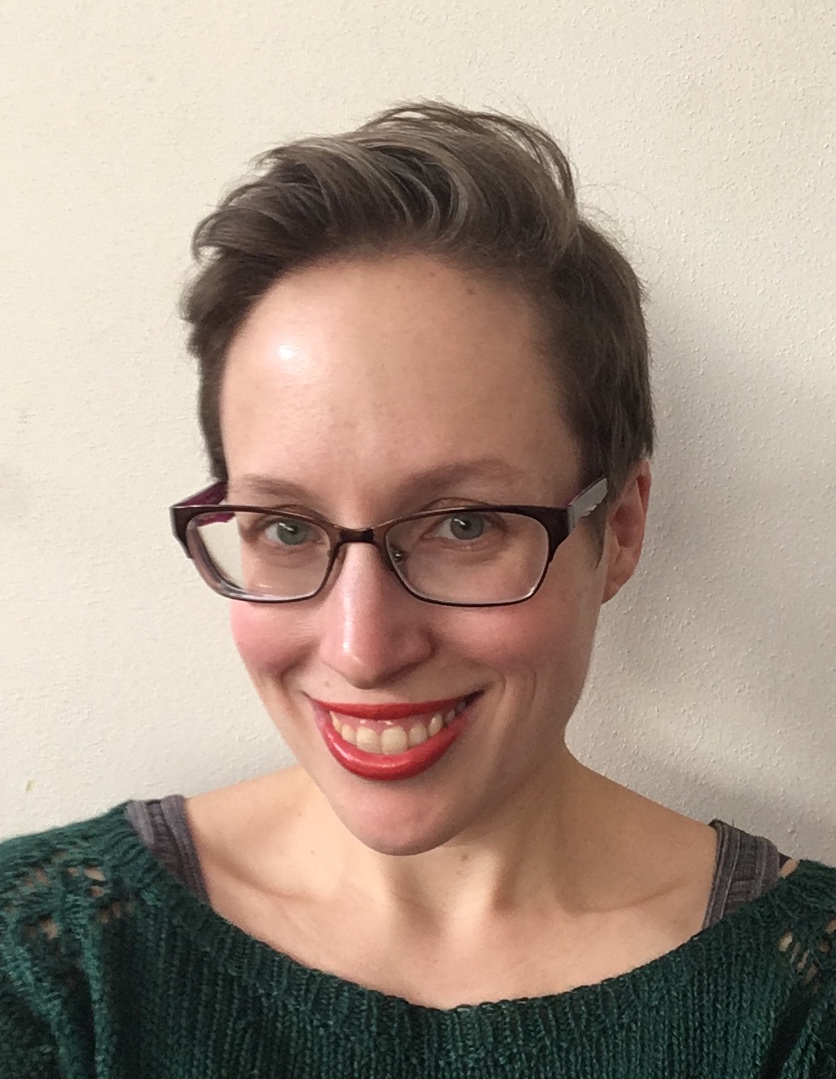Shelter, Sustenance, Self
by Aimee Ogden
Edited by Julia Rios
Copyedited by Chelle Parker
September 2019
“It’s me,” Phil lies. “It’s Phil. It’s Daddy.”
Mira and Christy — Phil’s wife, Phil’s daughter — stare at him, daring themselves to believe. Mira puts her hands on Christy’s small shoulders: holding her back, or pushing her forward. The door to Phil’s room is open and, in the corridor outside, one of his doctors strolls by with two technicians in tow. She slows her step to peep inside the room. When Phil catches her staring, she flushes and moves on fast.
It’s all been leading to this. Learning to use this body of false flesh, submitting to the fine-tuning of technicians and neurologists and psychiatrists; before that, lying still for the long hollow hours that it takes for a lifetime’s worth of memories to be shunted into storage.
But that wasn’t him, then. That was Phil, the real Phil. Young child, promising career, outstanding record of community service, tragic illness — an easy choice for the first cohort of candidates. That Phil loved the symphony; and the feeling of a good kitchen knife flying, falling slickly through carrots and potatoes and peppers for a stew; and, best of all, long sunny summer afternoons in the garden.
Mira lets go of Christy and totters forward one step, two. She stretches out a pale, shaking hand. A hand that would have clasped Phil’s, when he died. When Phil’s wife touches his cheek, he feels the pressure, the warmth, even the electrical transduction from her skin to his. But he doesn’t feel what Phil felt when she touched him. All that’s left is mere physics.
This Phil cringes away from sunlight even when he dials his ocular inputs down to the lowest parameter allowed. This Phil listens to a symphony and hears nothing but noise. This Phil eats the nutrient paste that powers his fuel cells and nods along when the technicians swear that future models will integrate inputs for smell and taste (along certain limited parameters, of course).
Can Mira feel that wrongness when she touches him?
She lingers a moment, then pulls her hand back to her side. Her fingers curl and uncurl, fist to flat and back again. In the doorway, Christy huddles alone. She’s smaller, without her mother behind her. When Phil takes a step to the side, to see her better, she gasps. She can see him better now too. He doesn’t quite look like Phil, though the voice capture matches him well enough. His face is a mask of Phil’s, animated but not-quite-there. The eyes especially; the eyes are all wrong. He remembers what Phil is supposed to look like and, on the first day of his post-procedure recovery, he asked the doctor to have the mirror taken out of his room. There’s a faint rectangle on the wall where it used to be, the paint unfaded by daylight’s touch. It’s getting lighter, but it’ll never be the same color as the rest of the wall.
“Oh, sweetheart,” he says, “I’m sorry.” He bends down to one knee. He’s not Phil but he remembers Phil, knows him through every clenched knuckle of gyrus and sulcus, each tangle of intestine and crest of vertebrae. He summons a facsimile of Phil’s smile, and sees its distorted reflection in Christy’s eyes. “I know it’s strange. It must be scary.”
Everything has been strange and scary, since the leads were peeled away and the connection severed. Since the upload ended and the electric lifeline to the old Phil, the late Phil, terminated. The moment when he stopped being Phil and started being something new and ill-fitted to the well-worn treads of Phil’s thought patterns. Instead of Phil, he has become the absence of Phil. All he can do now is blunder forward in this new guise, and try not to wound anyone else with that loss.
Phil is not Phil but he knows Phil and he misses Phil and he remembers Phil well enough to understand that Phil would never, never do a thing to hurt this child, that he would crack his chest open if he thought she needed shelter, that he would break his bones for the marrow if he thought she needed sustenance. That he would turn his mind inside out if he thought she needed a father.
Phil would have moved the world to make his daughter smile. Phil can’t do that, but he can lean forward, balance accelerometers humming, and hold his arms out open wide. “I’m scared, too,” he says, and this is the truth. He calls upon the stored data in his head for an old familiar nickname: “Let’s be scared together, Christiroo.”
She lurches forward, a tangle of scrawny six-year-old limbs. Mira’s hand flutters to her mouth as Christy wraps herself around him. He is not Phil but, whoever he is now, the instant before she’s upon him, he sees her smile crack wide open. In her face, raw and wild and red, is the memory of sunshine.
